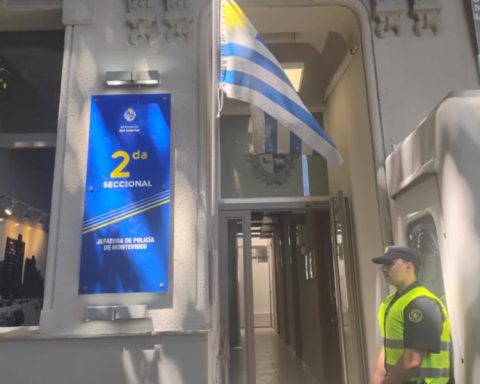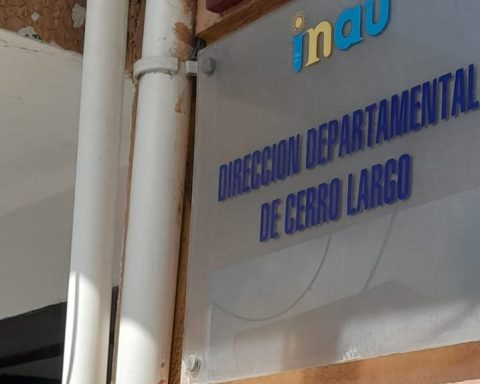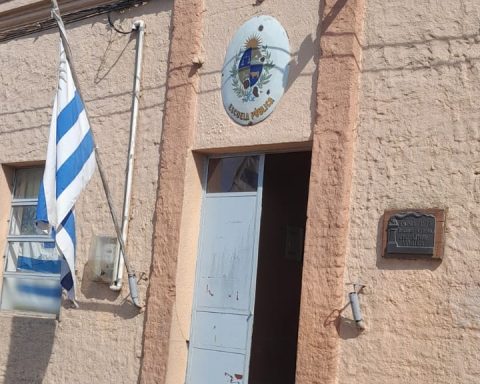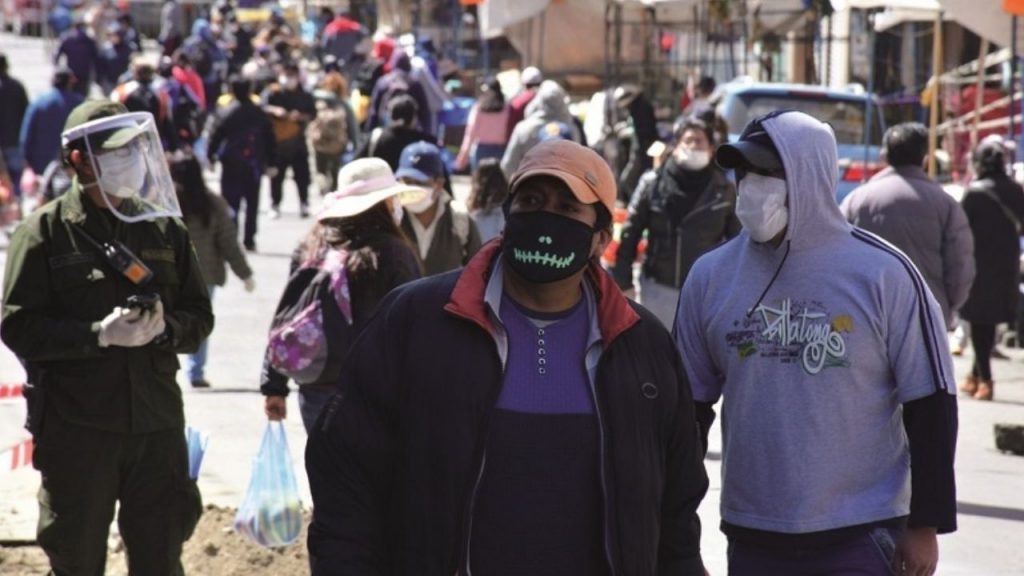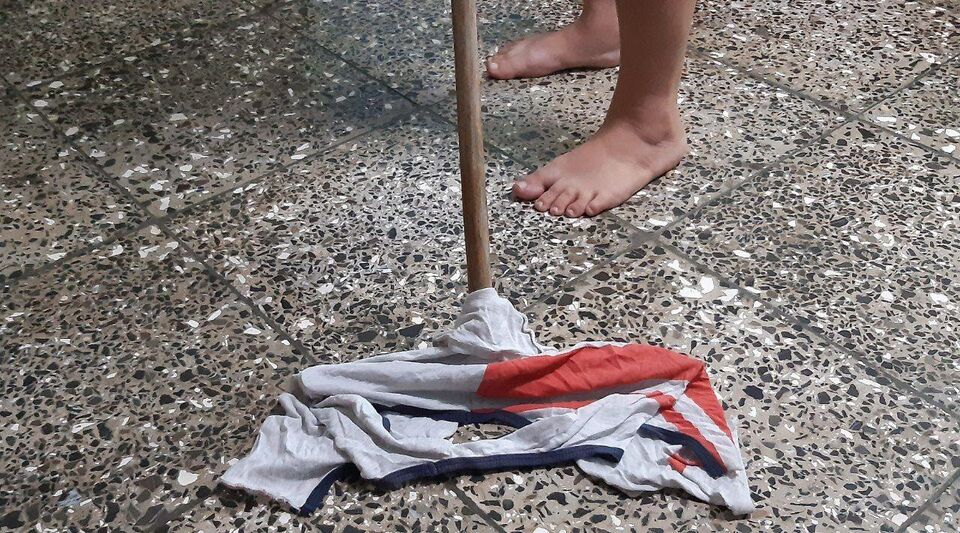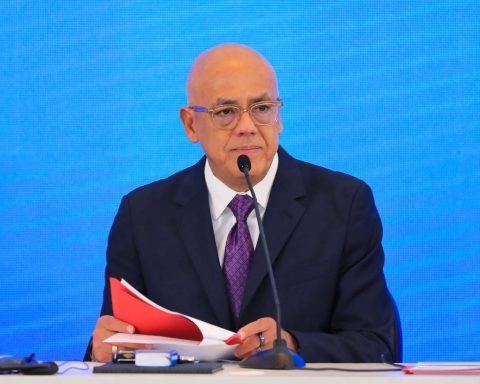When it was reported that the final of the Copa Libertadores was to be held at the Centenario Stadium on November 27, attention was diverted to a problem: the Jaime Roos concert at the stadium was postponed again, as it then happened again for the sixth time this Thursday.
However, what will happen a day later and that will lead thousands of Uruguayans to the polls, when they are held on November 28, remained in the background. the elections of social directors of the Social Security Bank (BPS).
When Conmebol asked “cold beer” to all Montevideo bars to satisfy the more than 80 thousand people that it is estimated that they will come for the finals of the South American Cup –on November 20– and of the Libertadores, the alarms went off: the alcoholic ban for the BPS elections was going to leave the businesses of the capital without receiving an economic income for Alcohol sales that were expected to be promising, especially considering that they had already been hit due to the lack of tourism since the start of the coronavirus pandemic.
On November 9, the Electoral Court confirmed that the electoral ban I was going to continue standing, but that it had no way of sanctioning businesses that did not comply with the regulations. Even so, this Wednesday the senator of the Colorado Party Germán Coutinho proposed in the Senate that for only this time the ban will be put aside.
This rule also aroused criticism within the lists that are running for positions on the BPS Board of Directors. Luis Lisboa, holder of List 16 for the Assets Item, from the Un Solo Uruguay movement, told The Observer: “You have to be honest, Uruguayans still drink”, and the alcohol is still sold that day.
Meanwhile, the candidate of List 22 of Entrepreneurs, Marcelo Ríos, commented to The Observer that the law should be reviewed, although he clarified that this is the work of parliamentarians.
Mandatory in question
Leonardo Carreño
Pablo Mieres had proposed in 2016 to repeal the mandatory nature of the BPS elections
The desire to give Brazilian tourists ice cold beer sparked another discussion: the mandatory nature of the BPS elections. The levels of participation are low and the lack of information has led many, to avoid the fine for not participating -of $ 1,200 for retirees and $ 2,400 for active workers and entrepreneurs-, vote in blank or void.
On Wednesday several parliamentarians protested against this rule. Lobbying deputy Eduardo Lust expressed: “The people who vote do so because they are obliged, but I don’t know how many people really know the candidates. You mobilize a world of people, with the cost it has, the waste of time, to choose something in which, in any way, the social representatives are always in a minority with the political representatives ”.
Even Lisbon, one of the candidates, has questions regarding the obligation. Lisbon said that “the state cannot force people to vote when they do not give the conditions.” For the candidate it should be given more information and more advertising, before a ignorance notorious about the elections and about the BPS in general. “Most Uruguayans do not know what social security is”he commented.
In 2011 40% of the election participants did not vote on any list. Only List 11 participated in the Assets, obtaining 51.3% of the votes against 48.6% of the blank or null votes. In the Entrepreneurs sector, List 22 competed alone, with 42.8% of the voters voting, but lost to the votes for no list, which was 52.6%. In the branch of Liabilities the situation was different, List 1 won with 42.8%, far from the 17.4% that the votes without destination added.
In 2016, 39% voted for List 11 in the Assets branch, while 41.7% voted blank and annulled; In the Companies category, only List 22 was presented, which obtained less than half of the votes (49.2%) against the blank votes, which were 50.6%.
In 2011 there were 1,339,291 authorized to vote, but 1,015,839 people showed up, which represents an abstention of 24.1%. In 2016, of the 1,526,708 qualified people, 384,465 did not go to the voting tables, that is, 25%.
After this election, the former senator of the Independent Party, today Minister of Labor, Pablo Mieres, proposed to repeal the mandatory, but the bill did not prosper.
National elections with nuances
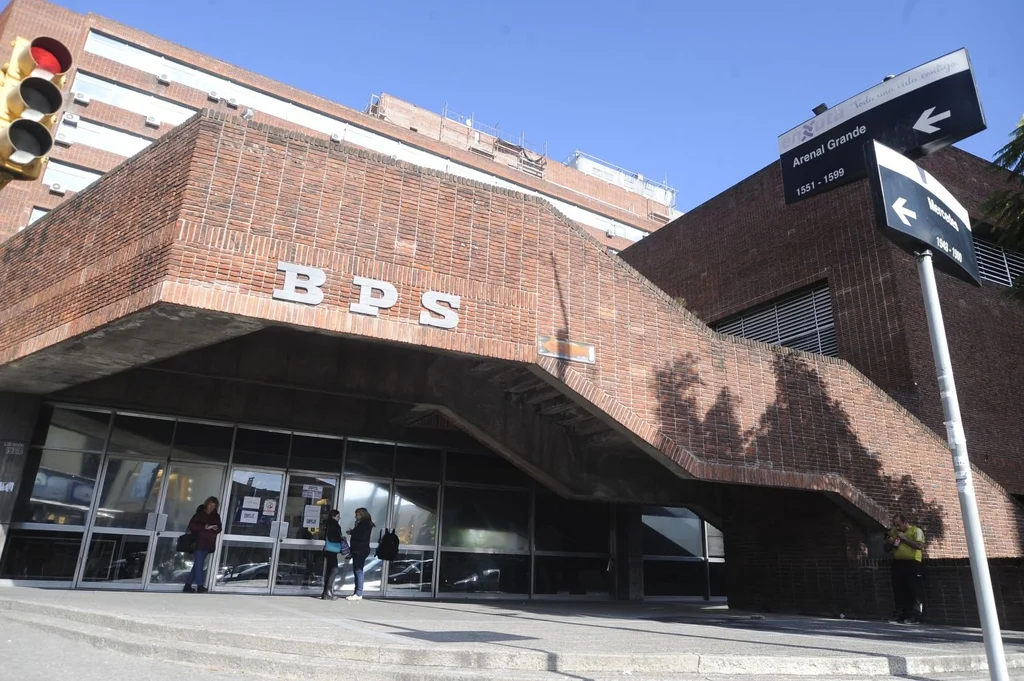
Leonardo Carreño
The elections of the organism were established in the Constitution of 1967
The BPS elections were installed in the 1967 Constitution, with the aim of voting the social directors of the Assets, Retirees and Liabilities, so that they obtain positions in the Board of the organism. These three members share the address with four people elected by the Executive Power.
For the lists to be enabled in the elections, their promoters must gather about 10 thousand signatures, equivalent to 1% of the electorate. That amount is much higher than what is needed to qualify a list for national elections, when at least 1,500 adhesions are requested.
The counterpart, in addition, is not very encouraging for candidates: for each vote the lists are given between 80 and 90 hundredths. For all this “it is very difficult participate in a BPS election ”, criticized Lisboa.
Those who do not show up to vote can justify their lack if they are sick, they cannot attend due to force majeure, they are out of the country, or they live outside the department where they would have to vote. In these elections not prohibited the realization of public spectacles, unlike the national elections.
Competition in the three areas

Juan Samuelle
The Un Solo Uruguay group will participate in the three electoral branches
On November 28, the BPS elections will feature 1,772,595 enabled, and there will be competition in the three items to vote. In the line of Assets, the candidate Luis Lisboa from List 16, supported by Un Solo Uruguay, competes with Ramón Ruiz, leader of List 11 of the PIT-CNT, who is seeking his re-election.
In the Liabilities Sixto Amaro, from List 1 of the National Organization for Retirees and Pensioners of Uruguay (Onajpu) – affiliated to the PIT-CNT – competes for reelection against Virginia Vaz, from List 6 of Un Solo Uruguay.
In the business sector, Marcelo Ríos, backed by several business associations, competes with his List 22 against José Pereira, from List 26 of Un Solo Uruguay.
Voting centers will be confirmed in the running of next week by the Electoral Court. They will be enabled from 8 a.m. to 7:30 p.m. Each item to vote will have different voting tables and ballots, which means that people who qualify for two categories –For example, someone who is retired and entrepreneur– You must vote in two different centers and put two different ballots.
An Electoral Court “to the maximum”
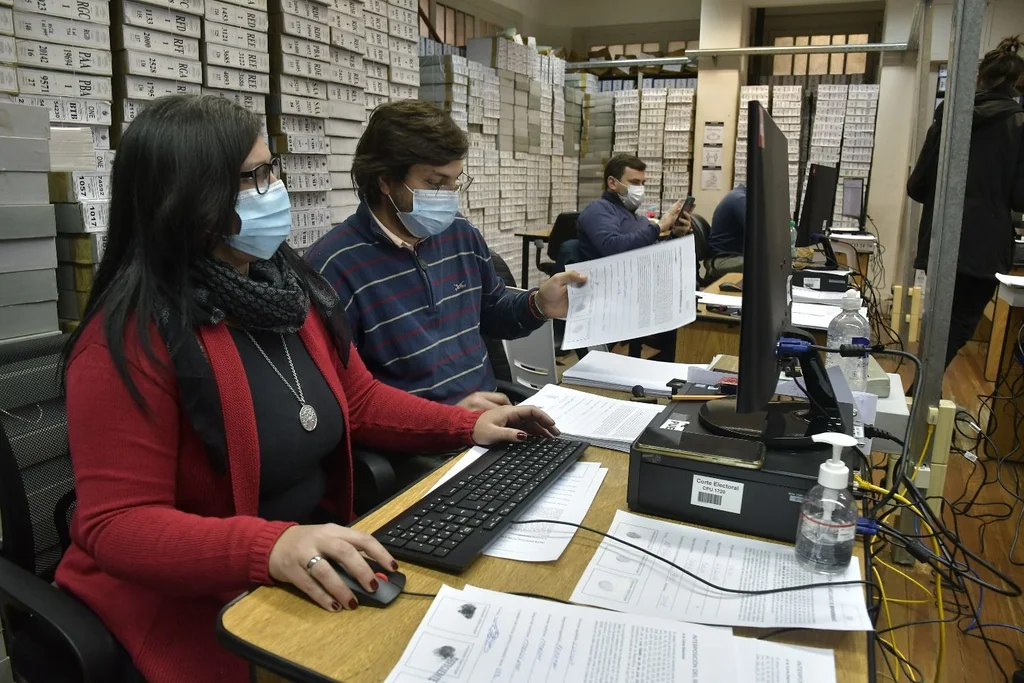
Diego battiste
The Electoral Court in the signature review process to repeal the LUC
The Minister of the Electoral Court Pablo Klappenbach told El Observador that the Electoral Court got “stressed out to the max” This semester, which has had an unusual number of elections, to which is added the count of almost 800 thousand signatures to enable the referendum to repeal the 135 articles of the Urgent Consideration Law.
In the second semester of 2021, authorities were voted for the Central Directive Council (Codicen) of ANEP, the Professional Fund, the Medical Union of Uruguay (SMU), the Medical College (CMU) and the student authorities of the University of the Republic (UdelaR). For all this, the Court workers have gone from working 6 hours to 8. By law the body cannot hire more employees, but according to Klappenbach the working groups have been divided to meet the deadlines of the different electoral bodies

